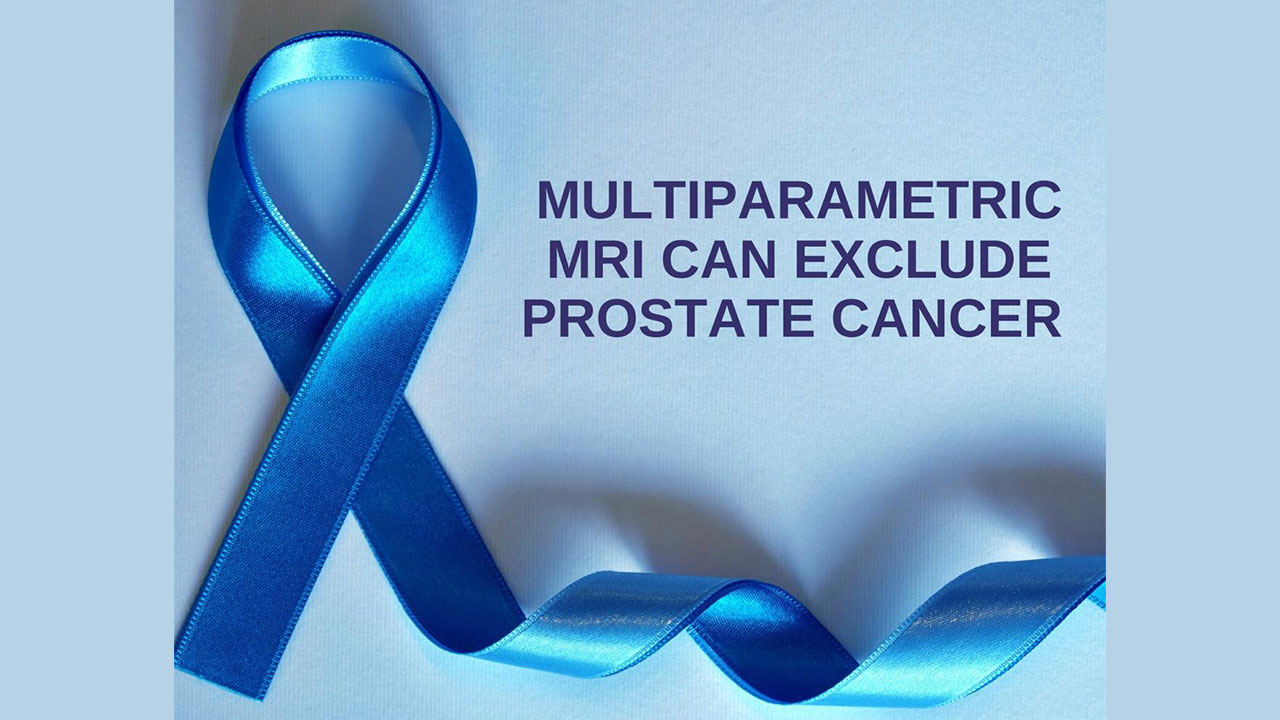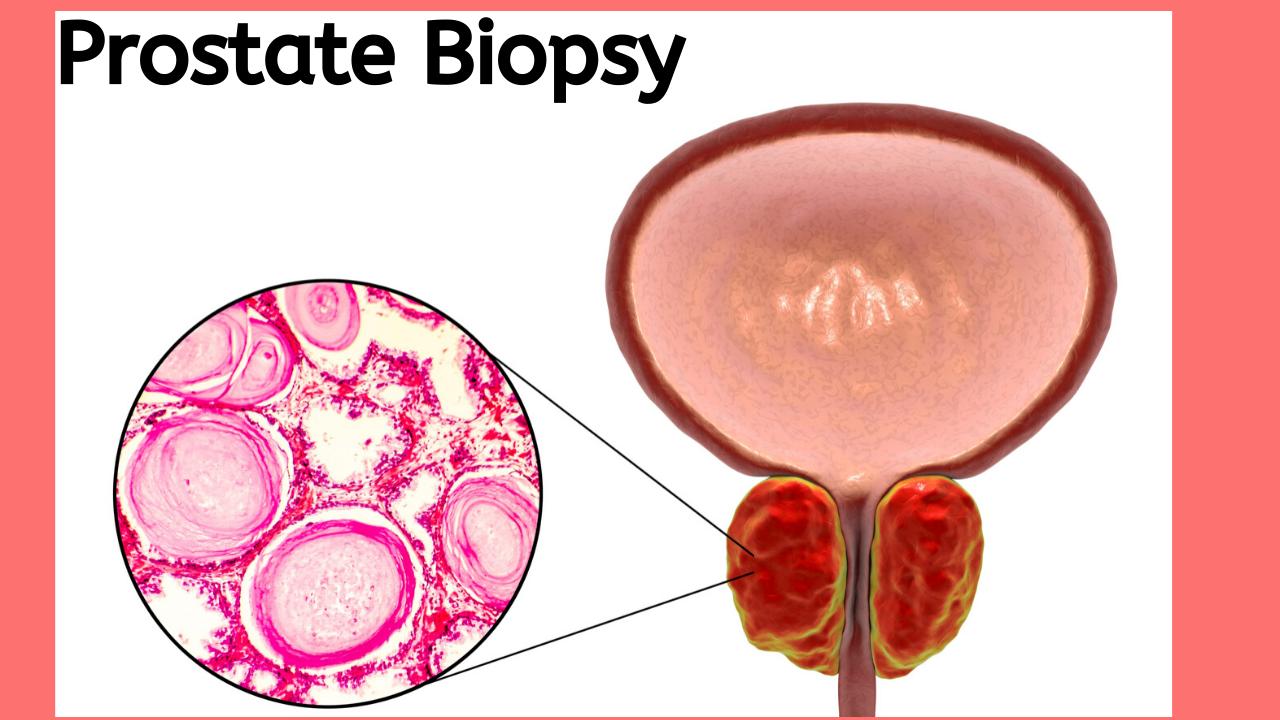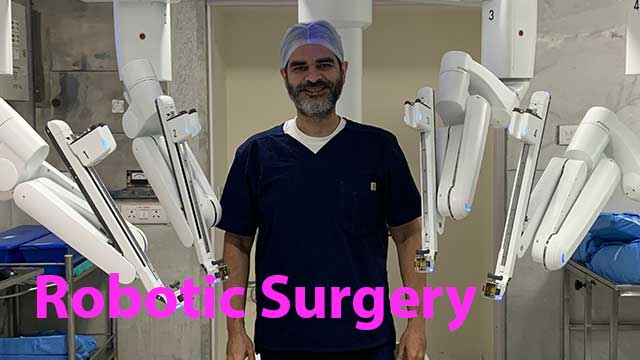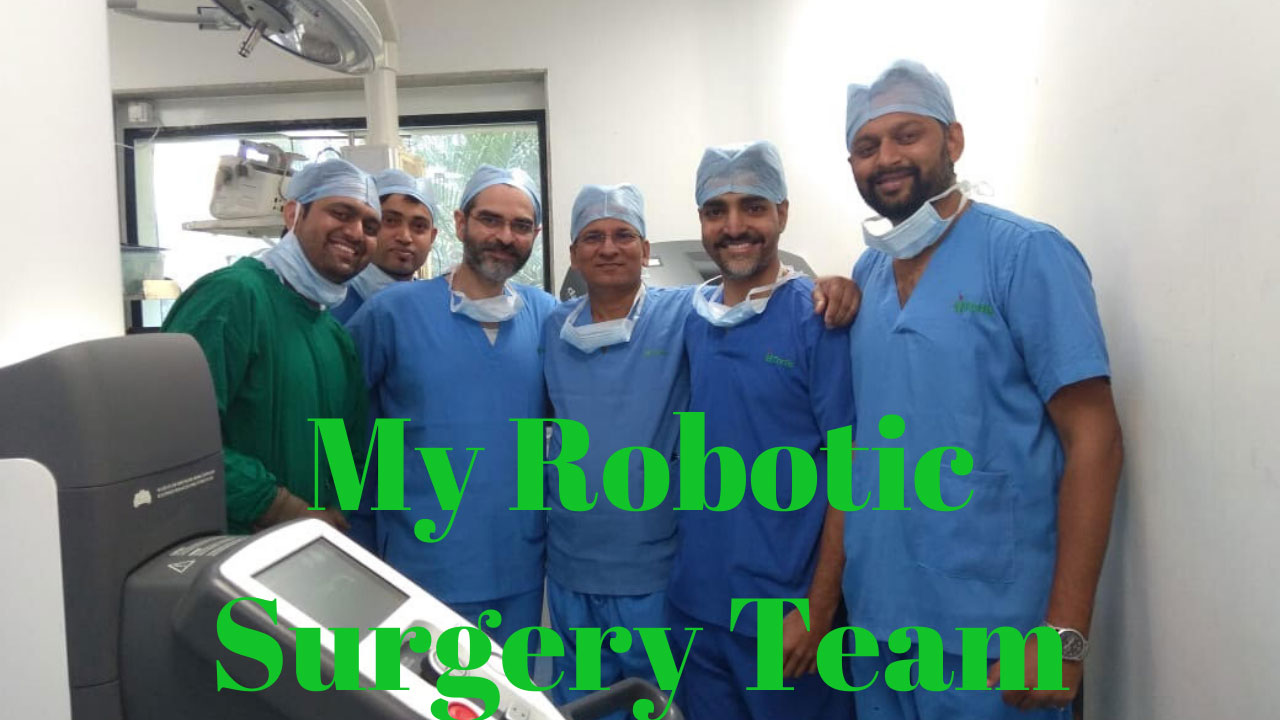The Complete guide to Prostate cancer treatment in Delhi
Did you know that prostate cancer is the second most common type of cancer among men? Luckily for those who are suffering from this disease, more options for prostate cancer treatment in New Delhi, India have become available in recent years. The prognosis is increasingly good for many of those who are diagnosed with prostate cancer.
When you know as much as you can about this prominent disease, prostate cancer does not have to be as scary. You can identify signs of the cancer early and know exactly what your options are. If you want to learn more about prostate cancer, keep reading.
The Importance of the Prostate
To understand prostate cancer, you first need to understand the prostate. It is a small gland (no bigger than a Ping-Pong ball) and is located between the bladder and the urethra. It is responsible for nourishing the sperms. The semen is then stored in the seminal vesicles, which are attached to the prostate.
Although you can live without your prostate, it is important for reproduction. The prostate is responsible for nourishing the sperms needed to get another person pregnant. The special bacteria-fighting antibodies in semen also protect the urinary tract.
Understanding Prostate Cancer
Just like with any kind of cancer, prostate cancer grows when cells become abnormal and starting multiplying at a rapid rate. If you have prostate cancer, the cancerous cells originated in the prostate.
Typically, prostate cancer does not grow very quickly. Thus, when most people are diagnosed with it, the cancer has not yet spread to other parts of the body. But once the cancer does spread, it travels to the tissues that are close to the prostate such as the lymph nodes and seminal vesicles. Usually, it takes years for prostate cancer growth to become detectable.
The Causes of Prostate Cancer
Prostate cancer is very common. One in six men has it at some point. Right now, the causes of prostate cancer are generally uncertain. However, there are certain men that are at greater risk of developing prostate cancer than others. Men who are older or African-American are at the greatest risk of getting the cancer. If you have a family history of prostate cancer, you are also more likely to get the disease.
Some men are also more likely to get a more aggressive form of prostate cancer. For example, if you are obese, a heavy smoker, or consume a large amount of calcium, you are more likely to be diagnosed with prostate cancer.
Six healthy habits that prevent Prostate Cancer are as follows:
- 1. eating more tomatoes
- 2. less processed red meat,
- 3. not smoking,
- 4. exercising,
- 5. eating fatty fish and
- 6. having a body-mass index of less than 30.
The Symptoms of Prostate Cancer
The key to successful prostate treatment (like many other cancers) is early detection. Thus, it is vital that you know the signs of prostate cancer and act quickly if you know you have them. When the cancer cells first appear, you likely wont experience many symptoms. But as time goes on, there are some clear signs that something is wrong with your prostate. These include:
- Painful ejaculation
- Decreased fluid in ejaculation
- Difficulty maintaining an erection
- Blood in urine or semen
- Frequent urination, especially during the night
- Inability to urinate or weakened urine flow
- Painful or burning urination
- Stiffness or pain in your upper thighs, lower back, pelvis or hips
- Pressure or pain in your rectum
A lot of these symptoms could also be signs of other diseases. However, if you are experiencing several of them, you should probably get a prostate exam.
Prostate Cancer Screenings
But what if you are not experiencing symptoms? All men should get prostate exams at some point. However, when they should start depends on several risk factors. It is also somewhat up for debate.
Most men should be screened between the ages of 40 and 50. If you have a strong family history of prostate cancer, you should get screened early, starting at age 40. If you are African-American, you should start screening at age 45 because you are more likely to get prostate cancer.
If you do not fall into any of these categories, you should start screening at age 50. Between the ages of 55 and 69, screening is a more personal decision and it is something you should discuss with your doctor. After you turn 70, screening is not recommended.
Getting Diagnosed with Prostate Cancer
The diagnosis process involves a digital rectal examination (DRE) and prostate specific antigen (PSA) test. With the DRE, your doctor will put a glove on, lubricate one of their fingers, and insert it in your rectum. They are looking for if the prostate is enlarged or irregularly shaped. A DRE is quick and relatively painless.
On the other hand, a PSA test is a blood test. Your doctor will be looking at the levels of PSA in your blood. If they are unusually high, it could be due to the presence of prostate cancer. However, there are other factors (such as your age and the prostate size) that could contribute to your PSA levels. A prostate cancer treatment specialist will know whether these levels are cause for alarm.
Avoid unnecessary Prostate biopsy !
MULTIPARAMETRIC MRI includes the standard T1 and T2-weighted imaging, with common functional sequences including dynamic contrast-enhanced MRI and diffusion-weighted imaging (DWI). So it can’t detect suspicious lesions.
If you’re PSA is high , first step is to do MP MRI.
If no lesion that is suspicious for prostate cancer is seen in mp-MRI, it is very likely not present.
So unnecessary prostate biopsy is avoided.
Getting a Prostate Biopsy in Delhi
If even just one of these tests comes back as abnormal, you will need a prostate biopsy. This process involves an ultrasonic probe being inserted into your rectum. The biopsy needle prods several areas in the prostate gland. This may sound painful, but it is only mildly uncomfortable.
After you get the results of your biopsy, your doctor will determine what stage your cancer is in and how much it has spread (if at all). There are 3 possible stages in which your prostate cancer could be. You will probably need to undergo a pelvic CT scan, bone scan, or a pelvic MRI scan to find out if the cancer has spread to your lymph nodes or bones.
Your prostate cancer treatment specialist will also determine how aggressive the cancer is. Physicians can do this two ways. Firstly, they can look at the cancer under a microscope. Physicians use a system called Gleason grades to rate the aggressiveness of the cancer. Doctors can also determine how aggressive the cancer is based on how high your PSA levels are.
The good news about the prevalence of prostate cancer is how successful treatment is. About 80% of men who are diagnosed with the disease only have the cancer in their prostates. This makes the success of treatment much higher.
Complications from Prostate Cancer
The biggest problem related to prostate cancer is the potential for the cancer to spread. The cancer in your prostate can easily travel to your bladder, bones, lymphatic system, or even your bloodstream.
If prostate cancer spreads to your bones, you could end up dealing with a lot of pain or even be at a greater risk of breaking your bones. Just because your prostate cancer has spread does not mean you have a dire prognosis. There is still a good chance that all the cancer will respond to treatment and be cured.
Urinary retention or incontinence is another problem you might develop if you have prostate cancer. This could be from the cancer itself and/or the treatment. However, incontinence can be treated. You can discuss options with your doctor.
Lastly, some people with prostate cancer develop erectile dysfunction. You can develop this either because of the cancer or the treatment. But just like with incontinence, there are a wide variety of treatment options that can help restore proper erectile function.
How to Prevent Prostate Cancer
Unfortunately, because the causes of prostate cancer are still somewhat of a mystery, there is no foolproof way of avoiding it. There are still ways you can stay healthy, which can make you less susceptible to serious diseases, including prostate cancer.
The best thing you can do for yourself is to maintain a healthy and active lifestyle. You should eat lots of fruits and vegetables and whole grains. When you are eating plenty of fresh produce, you are getting your vitamins and the proper nutrients naturally. That means you should not have to turn to supplements to make up for an imbalanced diet. You should also avoid eating fatty foods that will cause you to gain weight.
Being active is key to preventing many health conditions, including prostate cancer. You do not need to do heavy exercise every day. Moderate exercise most days of the week should keep you in shape. It may also reduce your PSA levels, which you make you at a decreased risk of prostate cancer.
When you are eating right and staying active, you will most likely be at a healthier weight. This is key to avoid prostate cancer because being overweight or obese increases your likelihood of getting the cancer. If you are currently overweight, try talking to your doctor to figure out a weight loss plan that makes sense for your lifestyle.
The best thing you can do to avoid prostate cancer is to stay proactive. Make sure you are getting your exams when you need to be, especially if you have a family history of this cancer. Talk to your doctor about other things you can do to potentially avoid prostate cancer.
Get the best prostate cancer treatment in India
If you have been diagnosed with prostate cancer, then you should consult the best oncologist for prostate cancer treatment.
Dr Ashish Sabharwal is considered the best doctor for prostate cancer treatment in India by his patients because he has treated many of them successfully and he offers all spectrum of prostate cancer treatment including robotic radical prostatectomy with bilateral pelvic lymph node dissection.
Dr Ashish Sabharwal does robotic surgery at Indraprastha Apollo Hospital, New Delhi which is considered the best hospital for prostate cancer treatment in Delhi because it has all the equipment for prostate cancer treatment in India like the Davinci robot for Robotic surgery and all the equipment for radiotherapy for prostate Cancer . This prostate cancer hospital has got a team of Uro-oncologists, radiation specialists and medical oncologists so there Is a comprehensive care for all stages of cancer.
If you think you have prostate cancer or have a diagnosis, the best thing you can do is get an experienced prostate cancer treatment specialist. Blue Ribbon Prostate Clinic is the top choice for prostate cancer treatment New Delhi, India. When you choose us, you are giving yourself the best chance of a successful treatment.
Is prostate cancer curable in India?
Prostate cancer is 100% curable if diagnosed at an early stage while it is still confined to the prostate.
Usually at this low stage, the prostate cancer will have a low PSA of less than 10 ng per ML. The best treatment for the early-stage, localised prostate cancer is robotic radical prostatectomy.
With this surgery the whole prostrate is removed and the cancer is out of the body. Prostate cancer is also curable by radiation therapy in patients who are unfit for surgery.
Prevention is the best form of cure. This means that if we do PSA screening regularly and we can diagnose prostate cancer at an early-stage, then it will be a hundred percent curable.
What is the treatment for locally advanced prostate cancer?
Locally advanced prostate cancer means the cancer which has spread beyond the prostrate into the neighbouring structures like seminal vesicles but has not spread into other parts of the body away from the prostate.
These cancers are extremely aggressive. They have a high incidence of local recurrence after initial treatment. So, they must be treated by multi-modality approach. The best multi-modality approach for a locally advanced prostate cancer is first go for robotic surgery to remove the whole prostate along with the pelvic lymph nodes that is the robotic radical prostatectomy with bilateral pelvic lymph node dissection, followed by radiotherapy which is given after about six months from date of surgery and hormone injections therapy for a period of two years.
What is the treatment for metastatic prostate cancer or stage 4 prostate cancer in India?
The metastatic prostate Cancer or the stage 4 prostate cancer is the cancer which has already spread beyond the prostate to other organs of the body. This stage 4 prostate cancer can spread to lymph nodes or to liver, lungs, bone, or brain. The most common site of metastasis is to the abdominal and pelvic lymph nodes and into the bones.
Some of these patients will have enlarged prostrate and Urinary problems and in those cases, we can TURP procedure to reduce the size of the prostate and improve the urine flow.
There is no treatment to cure stage 4 prostate cancer but there are medicines to suppress this prostate cancer and reduce the PSA levels.
The testosterone hormone stimulates prostate cancer. We can suppress the testosterone hormone by giving hormone injections or by removing the testicles which is called bilateral orchidectomy. In aggressive cancers there is also a hormone therapy by the name of Abiraterone which is commonly given.
The metastatic prostate cancer has spread to the bone, so we also give bone therapy in the form of Zoledronic acid which helps in relieving the bone pain and also makes the bones stronger and prevents fractures.
Commonly Asked Question About Prostate Cancer Treatment
Prostate cancer treatment is well established in India. The country offers all the major types of treatment including laser therapy, hormone therapy robotic surgery, and radiation.
Laser Therapy
When the prostate is enlarged and causing a urinary blockage, the cancer needs to be treated with a laser. We use a laser to vaporize the obstruction, which helps you to urinate on your own.
Hormone Therapy
Prostate cancer is hormone-sensitive, which means that it is stimulated by testosterone. Thus, suppressing prostate cancer requires suppressing testosterone levels. This is why getting hormone injections is a treatment option. It suppresses testosterone secretion, which suppresses the cancer and brings the PSA down.
The testosterone can also be suppressed by removal of the testicles because the testes produces the hormone testosterone. The process of testis removal is called bilateral orchidectomy.
Role of TURP in prostate cancer treatment:
If the cancer is metastatic there is no role of removing the whole prostate by Robotic surgery because the cancer has already spread to other parts of the body. Many of these patients suffering from urinary problems due to enlarged prostate and in these patients the TURP procedure is done to remove the obstructing part of the prostate and improve the urinary flow.
Robotic Surgery
When the cancer is localized to the prostate, we can conduct robotic surgery to cure the cancer. Robotic surgery is the best option for treatment if you are in stage one of prostate cancer. We remove the whole prostate during surgery and send it for histopathology. When the report comes back and we know exactly what stage the cancer is in, we can decide on the course of treatment. Three months later, we can do a PSA test, which will let us know if you are cancer-free or if you need further treatment. If the cancer is still present, radiation is the second line of treatment. It can easily be done after the cancer has been treated with surgery. The success rate of robotic surgery is very high.
Radiation
Radiation can also be used as the primary treatment. If you undergo radiation, you will also be given hormones for two years to suppress the cancer. Because we do not remove the prostate with radiotherapy, we do not know if the treatment has been effective. The only way to monitor the cancer is through PSA levels, which are suppressed by hormonal therapy. After the two years of hormone therapy is done, we can find out if the radiation was successful. If at this time the PSA is low, the cancer has been cured. But if the PSA increases, the radiation has not been successful at curing the cancer. The unfortunate part is that at this point, we will have already delayed cancer treatment by two years. Surgery after radiotherapy is challenging because radiation causes fibrosis of all the tissues. Because the prostate is fixed to the pelvic area to the adjoining organs, it is very difficult to remove at this point. There is also a greater likelihood of complications for surgery that is conducted after radiation.
The most common side effects of prostate cancer include bleeding, urinary incontinence, and impotence. However, if you choose robotic radical proctectomy, you should experience minimal side effects. Usually, patients experience less than 50 ml of blood loss. Only 5% of patients experience urinary incontinence, and less than 30% of patients experience impotence. If we conduct robotic surgery, we should be able to preserve the nerves of erection. If so, the surgery usually does not cause impotence. You also should not have to worry about erectile dysfunction (ED). Even if a patient does experience erectile dysfunction following surgery, it should be temporary. Usually, patients stop having ED after six months. For the rare people that end up with permanent erectile dysfunction, there are many treatment options for ED.
The cost of prostate cancer treatment in India depends on the treatment modality. Robotic surgery cost in India is around Rs 4 to 5 lakhs or USD 7500/- Most of the cost of Robotic surgery is covered by insurance. The out-of-pocket costs are minimal. The prostate cancer treatment by robotic surgery cost less than open surgery because the blood loss is minimal and there is no need to stay in the ICU. Also, after robotic surgery, the hospital stay is shorter as compare to hospital stay after open surgery.
If you are treating advanced prostate cancer by hormone suppression , cost of testosterone suppression injections is Rs.15,000 or US$300
The cost of bilateral orchidectomy or testes removal is Rs.50,000 or US$1000/-
As long as the cancer is localized, prostate cancer treatment with robotic surgery has a very high success rate. If you choose robotic radical proctectomy, we remove the whole prostate and seminal vesicles. The success rate of this treatment is 95%.
The type of cancer treatment that is best for you depends on many different factors. If your cancer is localized to the prostate, robotic radical proctectomy is the best treatment option. It has the highest success rate. It also comes with the fewest limited side effects. However, it is most likely to be successful if the cancer is in the early stages. There are so many great advantages to this prostate cancer treatment. This treatment involves removing the entire prostate gland and curing the cancer with the Da Vinci platform and robotic system. However, the surgery itself does not include a major cut. You will not have to worry about any big ugly scars. The equipment we use is highly precise. The robot has excellent 3D vision, and the robotic arm has 360-degree range of motion. There is less tissue handling. You will also experience minimal blood loss and tissue trauma. All of this makes for a smoother surgery. This surgery is also significantly less painful. You will experience a fast recovery with minimal pain medication. The hospital stay is a short one, so you can get back to work and your regular life faster. Your urine control and erections will return quickly. Most importantly, this surgery has an excellent success rate for curing prostate cancer. For more information about robotic surgery for prostate cancer, CONTACT Dr Ashish Sabharwal now !
If your cancer has spread to your bones, there is no option for a cure, unfortunately. The only thing you can do is suppress the cancer and relieve any bone pain you are experiencing. Hormone injections can suppress the cancer while also keeping your bones strong. If you are dealing with severe bone pain, we will always do an x-ray first to make sure you have not experienced a fracture. If we do find a fracture, we treat it. If we find a deposit of cancer sitting on the bone, you will need to undergo radiotherapy. For more information about robotic surgery for prostate cancer, check out my playlist here
The treatment option that is best for you will depend on your circumstances. If you are in the first stage of prostate cancer, robotic surgery is your best option. With this kind of surgery, we remove the prostate and send it to histopathology. When we get the report back, we find out what stage your cancer is at. This report helps us determine the next steps for treatment. Three months after your surgery, we do a PSA test to find out if you are cancer-free or if we need to do more therapy. If more therapy is needed, radiation is the second line of treatment. It can be easily done after primary treatment with surgery. The success rate from robotic surgery is very high. You can also choose radiation as your primary treatment. After radiation, you will be given hormones for two years to suppress the cancer. The downside of radiation is we do not remove the prostate. Because of this, it is hard to know if the treatment has been effective. The unfortunate part is that at this point, we will have already delayed cancer treatment by two years. Choosing surgery after radiotherapy is not that simple. Radiation causes fibrosis of all the tissues. Because the prostate is fixed to the pelvic area to the adjoining organs, it is very difficult to remove at this time. There is also a greater likelihood of complications for surgery that is conducted after radiation.







